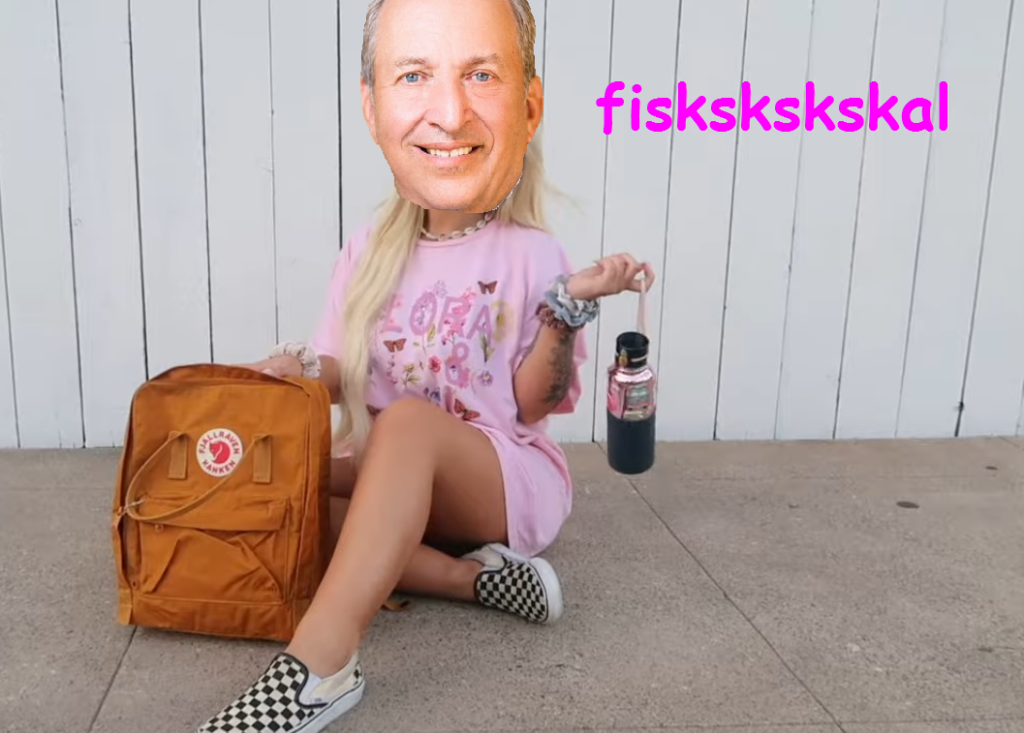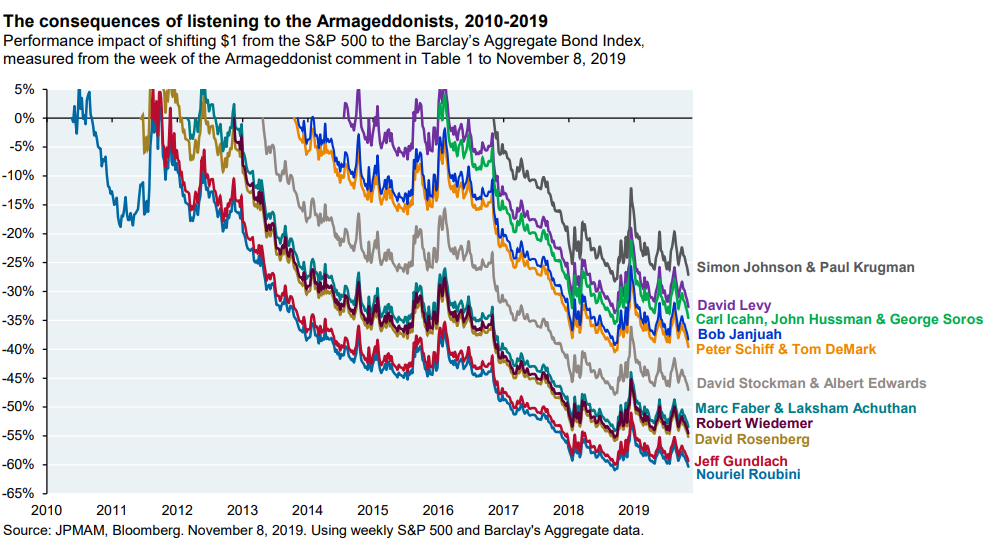Or to be more precise, debate about the financial institutional framework edition.
How should banks be regulated? Ten years ago, this question would have only interested a few specialists. Discussions about bank supervision and the role of the central bank were way too boring for the general public. Besides, bankers surely knew what they were doing?
The global financial crisis and its aftermath changed this complacent attitude. The existing rules did not prevent the worse financial crisis since the 1930s. Governments had to bail out banks at a moment’s notice. Politicians took drastic decisions during the panic of September 2008. While those actions were taken with little democratic oversight, national leaders were the only agents willing and able to stop the collapse.
The crisis spurred a thorough update of bank regulation. Both in the United States and in Europe, legislation was passed to make banks safer. Avoiding a repetition of ad-hoc bailouts became a priority. The U.S. got its Dodd-Frank Act. The European Union (EU) set up the European Banking Authority (EBA) and worked towards a banking union. America and Europe implemented capital and liquidity standards based on the Basel III recommendations. Continue reading “What I like about America, finance edition”



